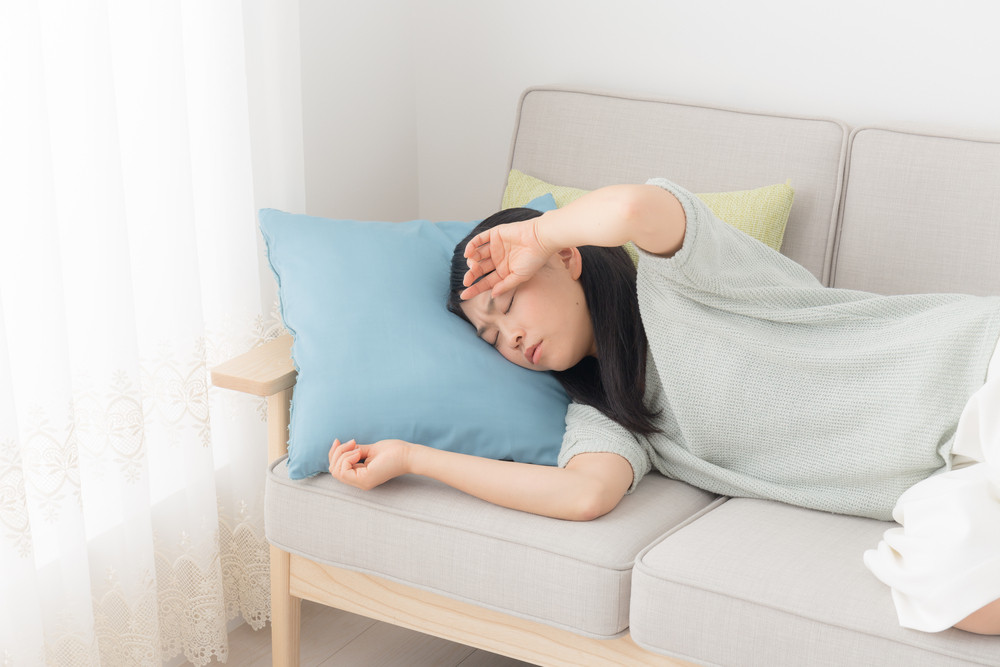Popular Reads
Top Results
Can't find what you're looking for?
View all search resultsPopular Reads
Top Results
Can't find what you're looking for?
View all search resultsYour napping and viewing habits may be increasing your risk of depression: Study
Change text size
Gift Premium Articles
to Anyone
W
hile the coronavirus pandemic poses a prolonged and unique challenge to public mental health, researchers from Massachusetts General Hospital have identified more than 100 modifiable factors that could prevent depression in adults.
The study, published in The American Journal of Psychiatry, aims at providing "the most comprehensive picture to date" of modifiable factors that might be associated with the risk of developing depression.
Among them are lifestyle behaviors such as sleep patterns, diet, exercise, media intake, environment and socializing.
"Depression is the leading cause of disability worldwide, but until now researchers have focused on only a handful of risk and protective factors, often in just one or two domains," noted Dr. Karmel Choi, investigator in the Department of Psychiatry and the Harvard T.H. Chan School of Public Health, and lead author of the paper.
In order to do so, researchers drew on a database of over 100,000 participants in the UK Biobank cohort study to systematically scan and evaluate which modifiable factors may have a causal relationship to depression risk.
Read also: Struggling to sleep during the pandemic? Try these 6 techniques
Surprisingly, the tendency for daytime napping and regular use of multivitamins appeared to be associated with depression risk, though the study points out that more research is needed to determine how these might contribute.
An additional factor associated with depression risk is the time spent watching TV, which tremendously increased in reaction to the coronavirus-induced stay-at-home orders.
The authors of the study note that additional data is necessary to determine if that risk was due to media exposure per se or whether time in front of the TV was a proxy for being sedentary.
Meanwhile, researchers found that socializing with other people is a behavioral factor that could prevent depression, and even for people highly prone to depression due to either genetics or early-life traumas.
"Far and away the most prominent of these factors was frequency of confiding in others, but also visits with family and friends, all of which highlighted the important protective effect of social connection and social cohesion. These factors are more relevant now than ever at a time of social distancing and separation from friends and family," said Jordan Smoller, ScD associate chief for research in the MGH Department of Psychiatry, and senior author of the study.











